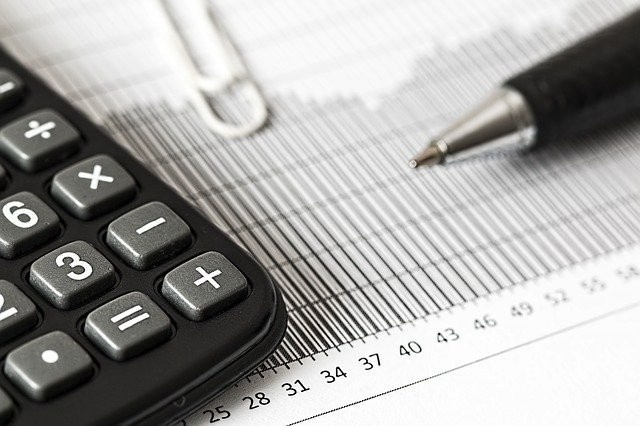The 'How to' of Purchasing Costs
Being clear on what you can afford and how to make the best financial decisions can save you thousands of dollars.
Have you established your budget?
Do you have cash for the purchase, or do you need to borrow from a financial institution?
If you need to borrow, you will need to get an assessment done so you can understand:
a. How much you can borrow?
b. How much it's going to cost in repayments, with interest rate variances?
c. What sort of contribution (eg. deposit), do you have to make in order to achieve that loan?
Once you have established your overall budget, which is your borrowings and your deposit, you need to make sure you have enough for the purchasing costs of the land and the house.
Future Considerations
Your purchasing decisions need to consider your current circumstances, as well as your future circumstances. Will you be staying in your current job or is there a chance that your employment situation may change?
You should also think about your family situation and whether or not you will be having children. When thinking about the family, you need to consider what their needs will be into the future because this may impact the size and number of bedrooms, as well as backyard space and proximity to parks, schools and transport.
Mortgage Broker
Getting finance for a new construction involves a number of specialised steps. It is therefore useful to engage a professional with many years’ experience who can help you navigate the issues that are specific to your financial situation.
A mortgage broker will help you understand the choices available to you. He or she will compare a number of financial packages and make recommendations.
Be aware that your broker will be receiving a commission for the advice they are giving you. Therefore, it is important to ask the broker about the commission they'll be receiving for the transaction for making their specific recommendation.

Stamp Duty
In the state of Western Australia, the purchase of a block of land attracts a Duty.
When you buy an established home, technically you are trading the land only with an improvement on it (the house is secondary). So what attracts the Stamp Duty is the land.
If you qualify for the First Home Owner Grant, then there are Stamp Duty benefits.
You can refer to REIWA's Stamp Duty Calculator to get an idea.
Settlement Costs
A Settlement Agent is the person who handles the process of that land becoming yours on the nominated day. That can only be achieved once you've got your finance approved, your titles are issued and it becomes what we call unconditional.
Your contract will state that your settlement date will be 14, or 21 or 28 days from these trigger points or on this certain day and that is the process of that land finally becoming yours.
That is the day when your mortgage will start if you are borrowing money. Your settlement costs can range anywhere from a few hundred dollars up to $2000.

Budgeting
When you are saving for a deposit for your land or home, it is worth creating a weekly and monthly budget so that you can make savings wherever possible. This will also help you understand your expenses and track the dollars that you are spending.
It's important to keep in mind that extra expenses will occur that might not be expected.
Insurance
Building insurance will cover the property during the period that your house is being built. However, the day it hands over from the builder, you are the owner and your insurance must be in place.
In many cases your financial institution will demand this is in place. You should also consider your contents insurance, which covers your own personal items that need to be covered.




